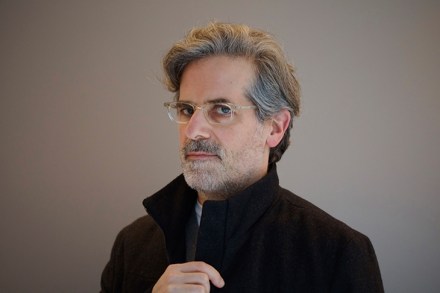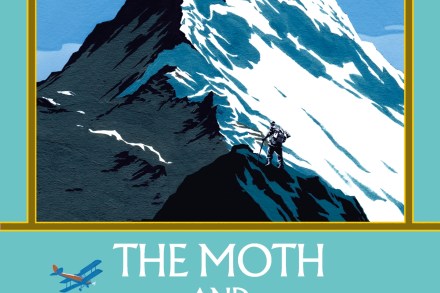All change: The Arrest, by Jonathan Lethem, reviewed
This is an Exquisite Corpse of a novel — or if you prefer another name for that particular game, Heads, Bodies and Legs, or Combination Man, or perhaps most appositely Consequences. The parlour game involves creating something and then passing along the hidden creation to which another then adds, and The Arrest reads like Jonathan Lethem playing the game against himself. He is a novelist whose work has always experimented with, and evaded, genres. In this one, he is juggling dystopia, Thoreau-like idealism, science fiction, folk horror, sentimentality, revenge plot and quite a lot more. It is also very funny. I did want to say that it is like Cormac





















